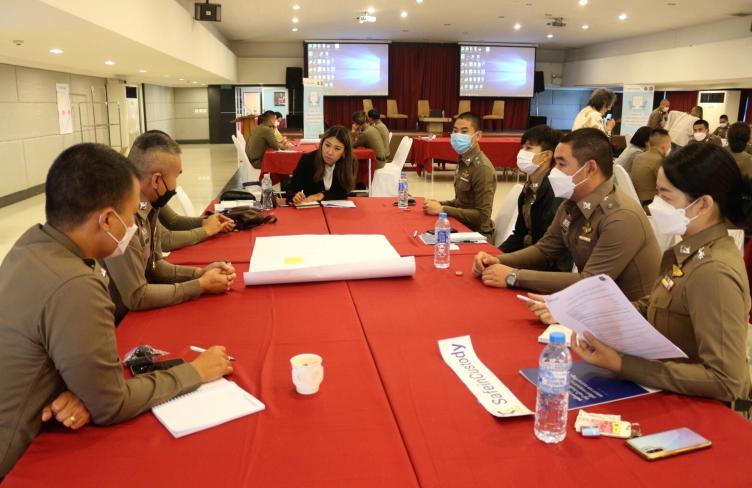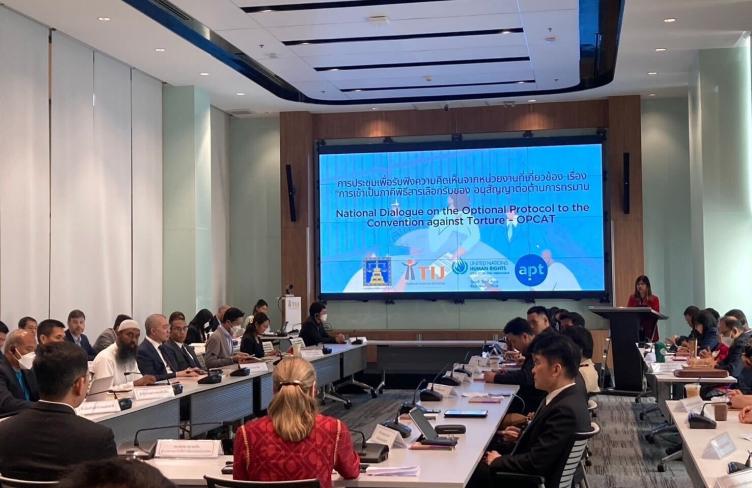
Bristol University convened a two day seminar on the challenges of the implementation of the OPCAT in the African region, gathering approximately sixty key stakeholders from the government, civil society and universities from the States Parties and Signatories of the OPCAT in Africa, including Liberia, Sierra Leone, Kenya, Togo, Senegal, Ghana and Madagascar.
| Date: | 3-4 April 2008 |
| Place: | Cape Town, South Africa |
| Partners: |
Bristol University (Organiser) African Commission on Human and Peoples' Rights South African Human Rights Commission Centre for the Study of Violence and Reconciliation |
| Purpose: | To discuss models of implementation of the OPCAT in Africa. |
| Activities: |
Bristol University convened a two day seminar on the challenges of the implementation of the OPCAT in the African region, gathering approximately sixty key stakeholders from the government, civil society and universities from the States Parties and Signatories of the OPCAT in Africa, including Liberia, Sierra Leone, Kenya, Togo, Senegal, Ghana and Madagascar. This event, the first regional conference on the implementation of the OPCAT in Africa, was partly supported by the African Commission on Human and Peoples' Rights, the South African Human Rights Commission, the Centre for the Study of Violence and Reconciliation and the APT. The seminar was also attended by three members of the United Nations Sub-Committee on Prevention of Torture (SPT), including the President (Sylvia Casale) and one of the Vice-Presidents (Victor Rodríguez Rescia). During the seminar, the participants examined the processes of ratification and implementation of the OPCAT in Africa and shared best practices. They focused more particularly on international and regional standards, and on national experiences regarding visits to places of detention and coordination between civil society, government and national human rights commissions on the prevention of torture. |
| Outcome: |
As this event was attended by members of the African Commission on Human and Peoples' Rights, as well as some members of the United Nations Subcommittee on Prevention of Torture (SPT), it represented an opportunity to discuss cooperation between the international and regional mechanisms on future strategies of prevention in Africa. Furthermore, States which have not yet ratified were encouraged to do so, and representatives from Sierra Leone and Liberia undertook to start the OPCAT ratification and implementation campaigns in their respective countries. The SPT took this opportunity to make public its guidelines on NPMs, which will be published in their Annual Report in May 2008. The APT met with key partners from different countries and initiated some discussions on OPCAT ratification strategies in the region. |
| Next Steps: | Bristol University will publish the acts and concluding observations of the conference. |
|
|
|
|
|

